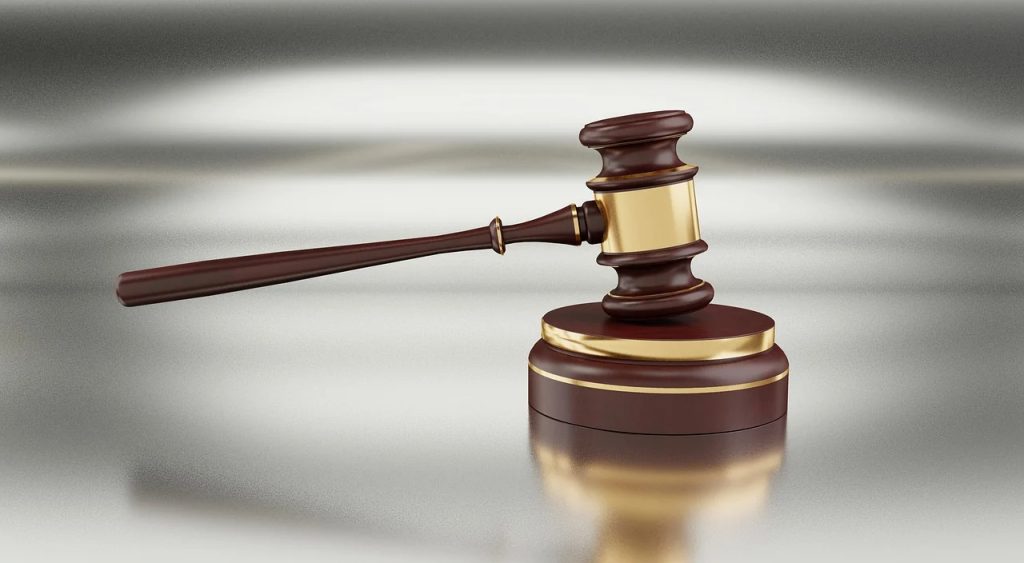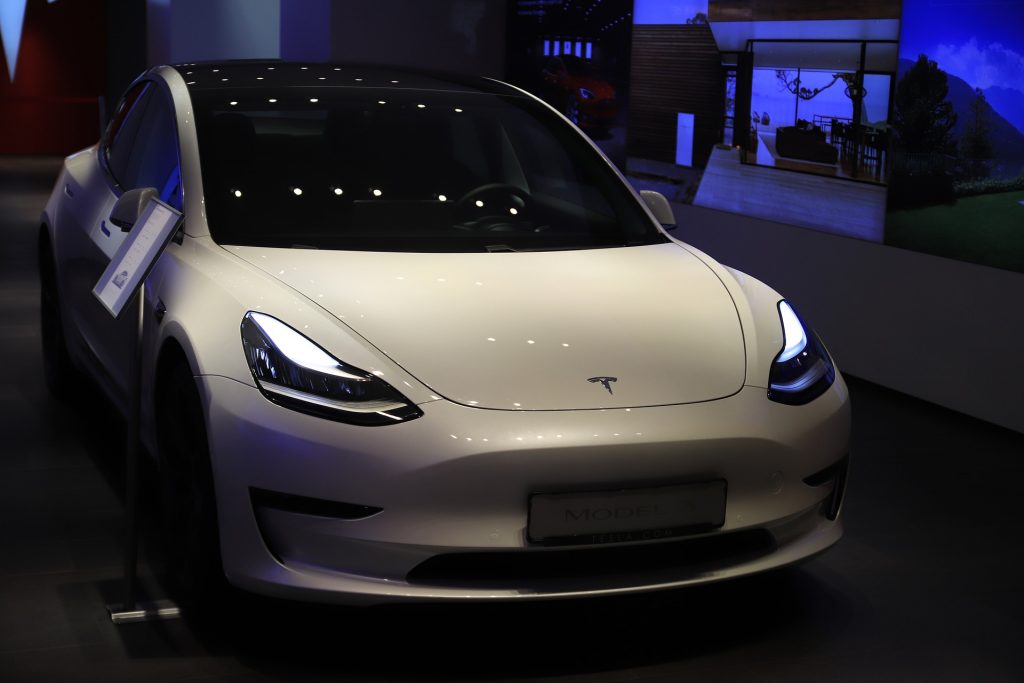California Is Suing Tesla For A Disturbing Reason
California is suing Tesla for reasons relating to the disturbing ways its employees are treated.
This article is more than 2 years old

Tesla is getting sued by the California Department of Fair Employment and Housing. The lawsuit stems from allegations relating to racial discrimination and harassment. The automaker announced the news in a blog post on Wednesday. Once the lawsuit is filed, it is expected that Tesla will ask the court to pause it.
A representative for the department declined to confirm or comment on the pending litigation. The complaint, if filed, would be the latest in a long line of charges of racism at Tesla. Owen Diaz, a former Tesla employee, was granted $136.9 million by a jury last year after it was determined that he worked in a racially hostile environment.
Complaints relating to toxic culture are a part of other claims, as well. Kaylen Barker, a black woman who worked at a Tesla factory, filed a lawsuit last week alleging that the company tolerates “rampant acts of racism” at its facilities. The focus of Barker’s case is on her employment with Tesla in 2021.
According to Tesla, the California DFEH’s pending complaint appears to be focused on instances that occurred between 2015 and 2019. It called the pending lawsuit “misguided” and disputed the allegations. The blog post stated Tesla vehemently rejects any types of discrimination and harassment. It goes on to say that Tesla is committed to providing a safe, courteous, fair, and inclusive workplace. The company believes those practices are critical to fulfilling the brand’s objective.
Tesla also claimed that the agency had been investigating Tesla for discrimination and harassment for the past three years but had never uncovered any misconduct. “It, therefore, strains credibility for the agency to now allege, after a three-year investigation, that systematic racial discrimination and harassment somehow existed at Tesla.” The omission suggests that Tesla had to make changes beyond what it had previously disclosed in order to keep its factories and sales running in the final weeks of 2021 and onwards. The suggested requirements were put into place as the world faced a prolonged semiconductor scarcity that impacted everything from vehicles to laptop computers.

Tesla has had manufacturing issues, recalls, and lawsuits throughout its history. However, the completion of its Shanghai factory in 2019 allowed the company to increase output, grow profits, and gain market share outside of North America. This newest choice reflects fresh challenges as the firm moves closer to the public and attempts to deliver on Elon Musk’s self-driving future promises. The latest self-driving issue for the company stems from a self-driving automobile crashing into a police car.
On Wednesday, the North Carolina State Highway Patrol released video from the incident. The police car’s dashcam captured the accident. Before the Tesla’s self-driving car crashed, the video saw two police officers standing outside the vehicle on US Highway 64. The uncontrollable Tesla slammed into another highway enforcement vehicle before projecting that vehicle towards the parked cops.
The police officer nearest to the road was fortunate in that the second officer was quick to push him out of harm’s path. The police car was forced to crash off the roadway and into a ditch. The auto-piloted Tesla caused substantial damage to the police vehicle, according to photos taken after the crash.
Though this instance in California is the first to result in felony charges, there have been other court cases involving autopilot difficulties in recent years. After being employed by Uber to test an autonomous vehicle, an Uber driver was charged with negligent murder in Arizona. Because over 800,000 Teslas with autopilot are on the road in the United States today, these accidents are extremely troubling.










